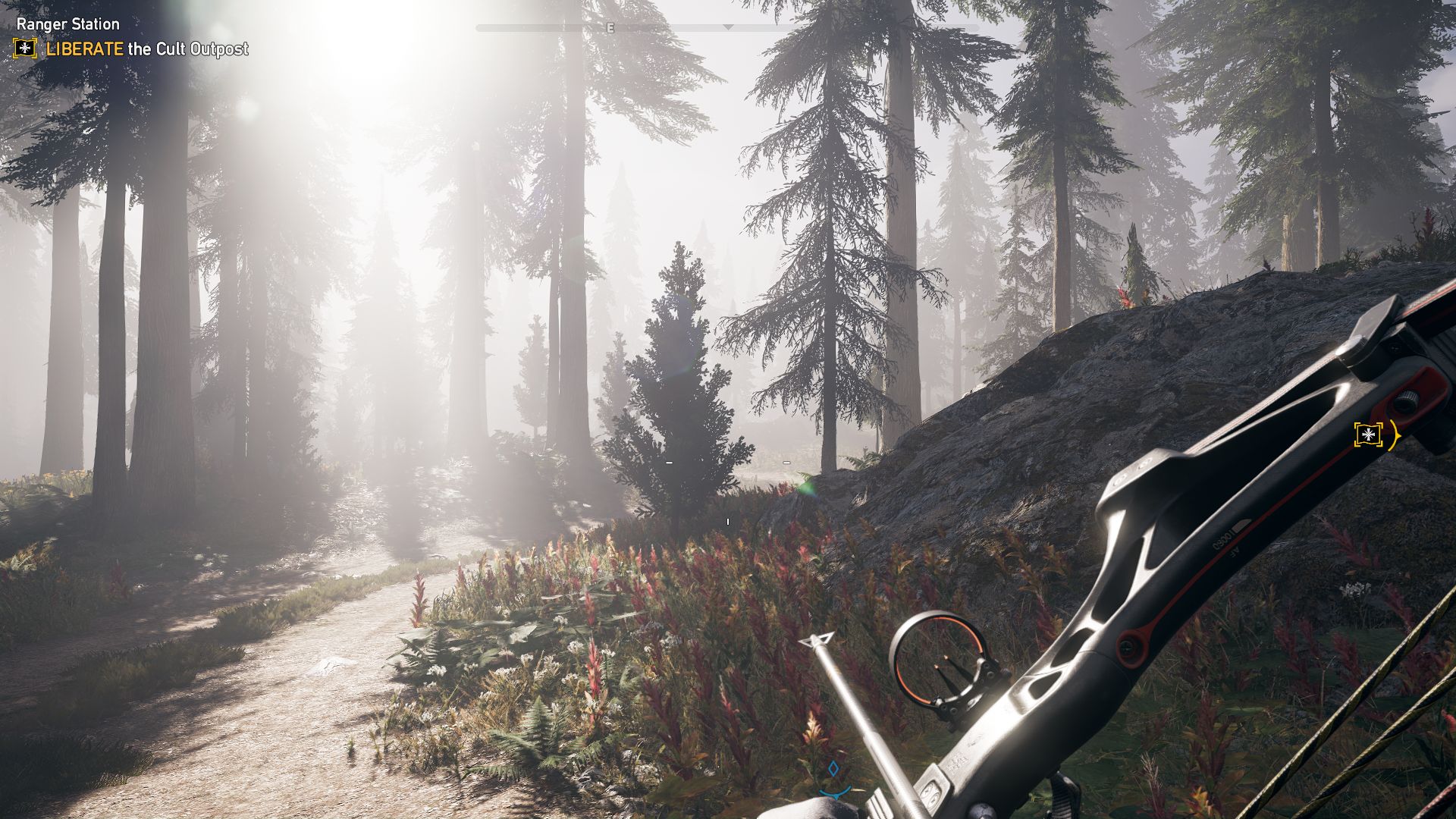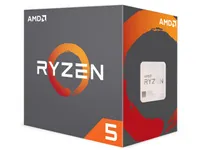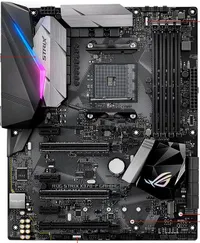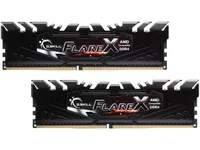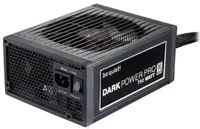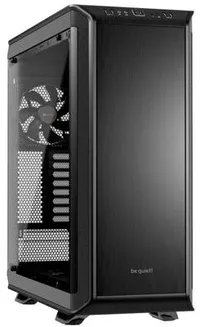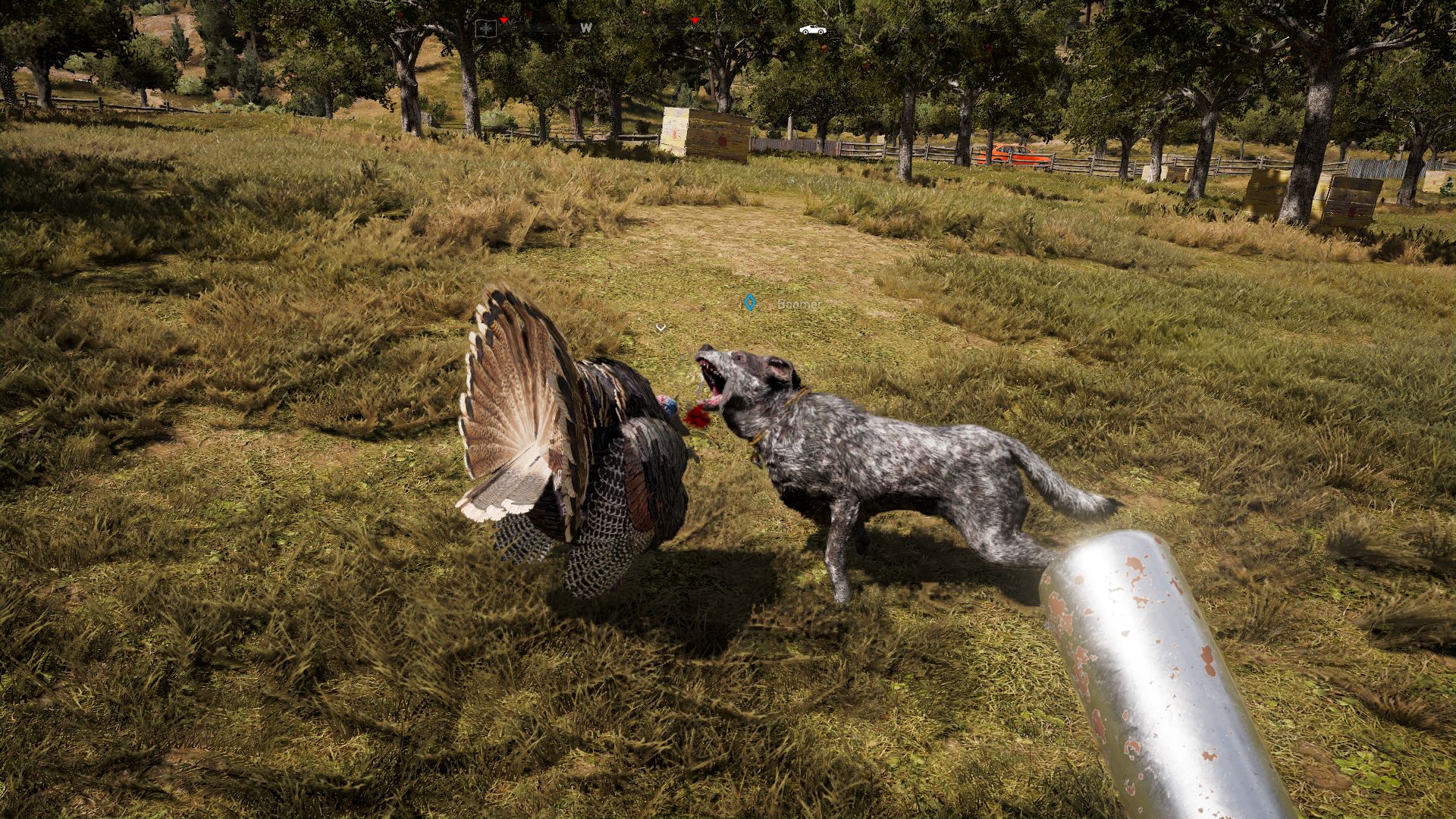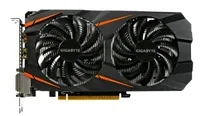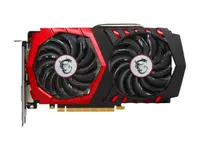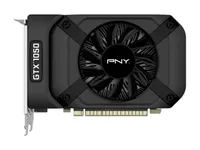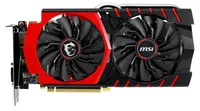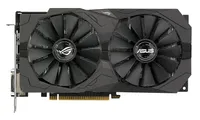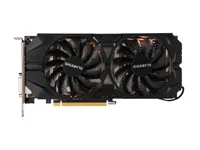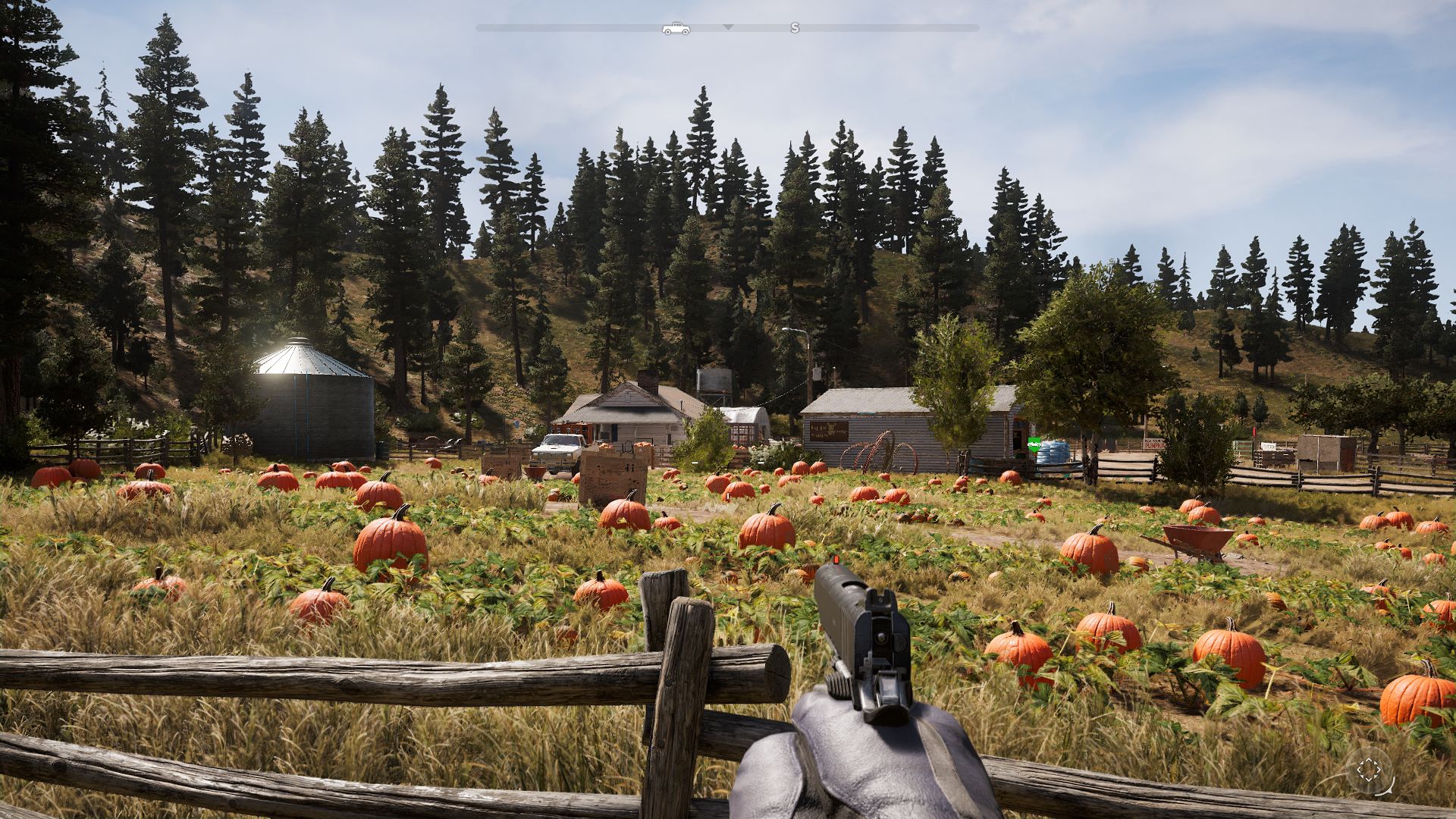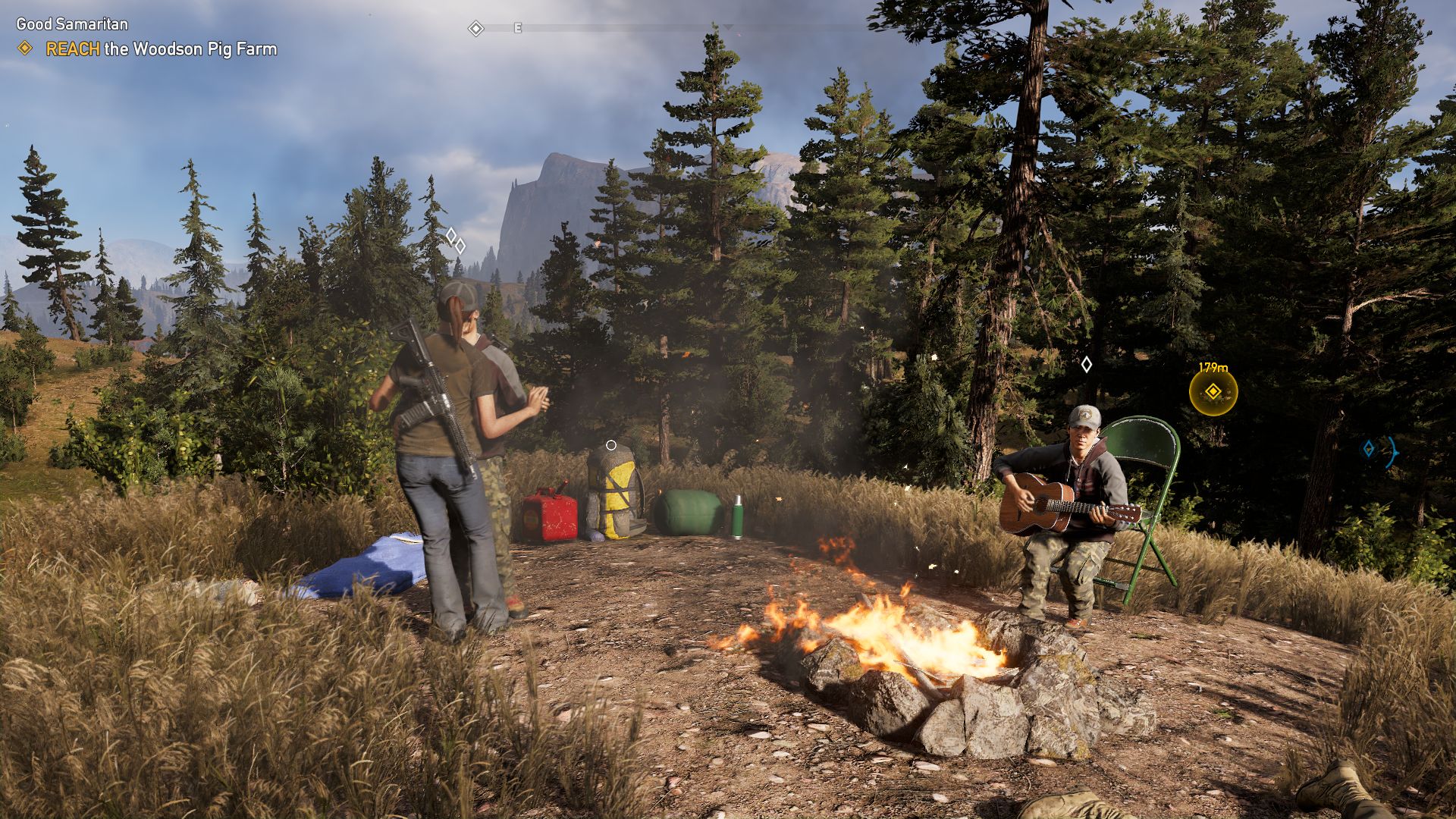Get Best Far Cry 5 Performance: 10 Graphics Cards Tested at “Ultra” Quality
How We Tested
Announced in May of 2017, Far Cry 5 was developed by Ubisoft Montreal and Ubisoft Toronto. The developers built this open-world action/adventure first-person shooter using the company's own Dunia Engine, originally derived from Crytek's CryEngine and first introduced alongside Far Cry 2 back in 2008. Naturally, continuous improvement makes it far more advanced now than it was a decade ago.
The game is DirectX 11-compatible and available across multiple platforms (Xbox One, PlayStation 4, and of course Windows PC). It's supposedly optimized for AMD Radeon graphics cards, particularly Vega-based boards with support for Rapid Packed Math and Shader Intrinsics. While most of the cards we test come from the mid-range segment, we do include some benchmark results here with higher-end GeForce and Radeon cards to explore those optimizations.
Benchmark Sequence
Far Cry 5 has an integrated benchmark routine that lasts about 60 seconds. We're using that as our sequence of choice for testing graphics performance. The test run is shown below...
Minimum & Recommended System Requirements
The game's Steam page lists its minimum and recommended configurations. These requirements seem reasonable, and roughly on par for what we've come to expect from a modern AAA title. It's especially interesting that Far Cry 5 doesn't seem to be RAM-hungry; Ubisoft recommends "only" 8GB.
Note that the minimum configuration is supposed to facilitate smooth performance at 720p (with entry-level detail settings selected), while the recommended configuration theoretically enables 1920x1080 at 60 FPS using the High graphics preset. You'll most likely have to forget about 4K at 60 FPS. This requires either two GeForce GTX 1080 cards in SLI or two Radeon RX Vega 56 cards in CrossFire.
| CONFIGURATION | MINIMUM (720p, LOW) | RECOMMENDED (1080p, HIGH) |
| Processor | Intel Core i5-2400AMD FX-6300 | Intel Core i7-4770AMD Ryzen 5 1600 |
| Memory | 8GB | 8GB |
| Graphics Card | Nvidia GeForce GTX 670AMD Radeon R9 270 | Nvidia GeForce GTX 970AMD Radeon R9 290X |
| Operating System | Windows 7, 8.1, 10 (64-bit) | Windows 7, 8.1, 10 (64-bit) |
| Disk Space | 40GB | 40GB |
Test Configuration
| Software Configuration | |
| Operating System | Windows 10 x64 Pro 1709 (16299.248) |
| Graphics Drivers | The game was tested using the latest public drivers available at the time we ran our benchmarks:Nvidia GeForce Game Ready 391.35AMD Radeon Adrenalin Edition 18.3.4 |
| Game | The most up-to-date version of the game was tested at the time we ran our benchmarks:Far Cry 5 v5.1.2.0 |
We recently updated our test configuration to better reflect mid-range gaming in 2018. This time around, we picked an AMD Ryzen-based platform, honing in specifically on the 1600X as a great option for enthusiasts looking to save some money.
The Steam survey of hardware and software configurations offers us a view of the most prevalent components and settings (the data comes from March 2018):
Get Tom's Hardware's best news and in-depth reviews, straight to your inbox.
- 8GB RAM comes installed in 42% of gaming PCs (our system has 16GB, similar to close to 40% of surveyed gamers).
- Full HD resolution is used by 72% of gamers, but 10% are still at 1366x768. QHD is used by only 3.5% of respondents, and 4K remains anecdotal. We will begin by testing at the classic Full HD and then move on to 1440p.
- Quad-core CPUs are installed in more than two-thirds of surveyed systems (72%, to be exact). In anticipation of trends in the coming months, we're using a mid-range six-core processor.
Graphics Card Selection
We chose 10 graphics cards for this test, representing mainly entry-level and mainstream options. Here are the competing cards...
Test Procedure
All performance data is collected using the PresentMon tool and our own custom front end.
To accurately represent performance, each graphics card is warmed up to a stable temperature before measurements are collected. Most newer GPUs employ mechanisms to optimize clock rates based on variables such as power and temperature. So, tests run during the warm-up period would convey better performance than you'd see in the real world. We therefore execute the benchmark sequence once to warm up the card prior to gathering official data. For graphics settings, we tested the game at Full HD resolution and then QHD, with the graphics options pushed to the maximum (Ultra preset).
MORE: Get Maximum Fortnite Performance: 'Epic' Mode With 10 Graphics Cards
MORE: Final Fantasy XV Performance Review
MORE: Project CARS 2 Performance Review
-
jaexyr Game is pretty. (All else about the game was hugely disappointing.) My 1080 card running @ 1440/G85hz was quite nice.Reply -
AgentLozen I'm really impressed by how well optimized this game is. There are lots of granular options for visual tweaking.Reply
Does anyone remember ID Soft's "Rage" launch from a few years back? That game was highly anticipated and also got good reviews, but suffered from a wide variety for technical problems on PC. The engine was so glitchy that it barely ran on AMD video cards for a week before they released drivers to make it playable. Also, there were hardly any configurable graphics options besides resolution. ID Soft didn't make the engine from scratch either. It derived from Doom 3's Tech Engine 4.
Comparing the Far Cry 5 launch to Rage reveals a night and day difference. -
redgarl AMD console strategy is paying off.Reply
Also, would have been interesting to see a 8400 system compared to the 1600x at these resolutions with these cards. -
popatim @RedGarl. Why x1600? so you can see which ones stutter the most? The game is just playable at 1440 only with several of the cards in this review. LoLReply -
therickmu25 The game is 'optimized' because they nerfed the physics and detail that FC2 had 10fold.Reply
You can't even shoot through a wooden fence in this game. For anyone interested, the video below shows all the things left out.
https://www.youtube.com/watch?v=FCeEvQ68jY8&t=621s -
jaexyr Even in comparison to 3 & 4.... 5 is horrible. I love that video of 2. I used it in a steam reviewReply
20874573 said:The game is 'optimized' because they nerfed the physics and detail that FC2 had 10fold.
You can't even shoot through a wooden fence in this game. For anyone interested, the video below shows all the things left out.
https://www.youtube.com/watch?v=FCeEvQ68jY8&t=621s
-
eduardoceliseduardocelis Titan v 4k core i7 8700k ultra settings no less than 60fps. I think that's enough to enjoy the game without stuttering. O lagReply -
photonboy Uh.... WHAT??Reply
"This is also the first time we have encountered a game that monopolizes CPU resources to such an extent. Could this be due to the Denuvo DRM and/or the physics engine?"
How are the CPU resources monopolized if you have minimal benefit beyond TWO cores plus hyperthreading?
That's not a very heavy load. -
mitch074 About the Rage comparison: Rage was the first OpenGL game to push the API so hard. Most fixes were done at driver level - while FC5 is DX11 only. Had it been done in DX12/Vulkan, and really pushing physics, I'm not so sure it would run that well. DE:MD actually looks better to me.Reply -
AgentLozen Replymitch074 said:About the Rage comparison: Rage was the first OpenGL game to push the API so hard. Most fixes were done at driver level - while FC5 is DX11 only. Had it been done in DX12/Vulkan, and really pushing physics, I'm not so sure it would run that well. DE:MD actually looks better to me.
You're right about the reasons why Rage was such a mess at launch. As I recall, the drivers at the time were underdeveloped for OpenGL and Rage was asking for more than the drivers were used to. This was largely an AMD problem. I think Nvidia wasn't plagued the same way.
I used Rage for the comparison because it offered VERY few graphics customization options and it wouldn't run for a significant part of the PC user base, regardless of reason.


